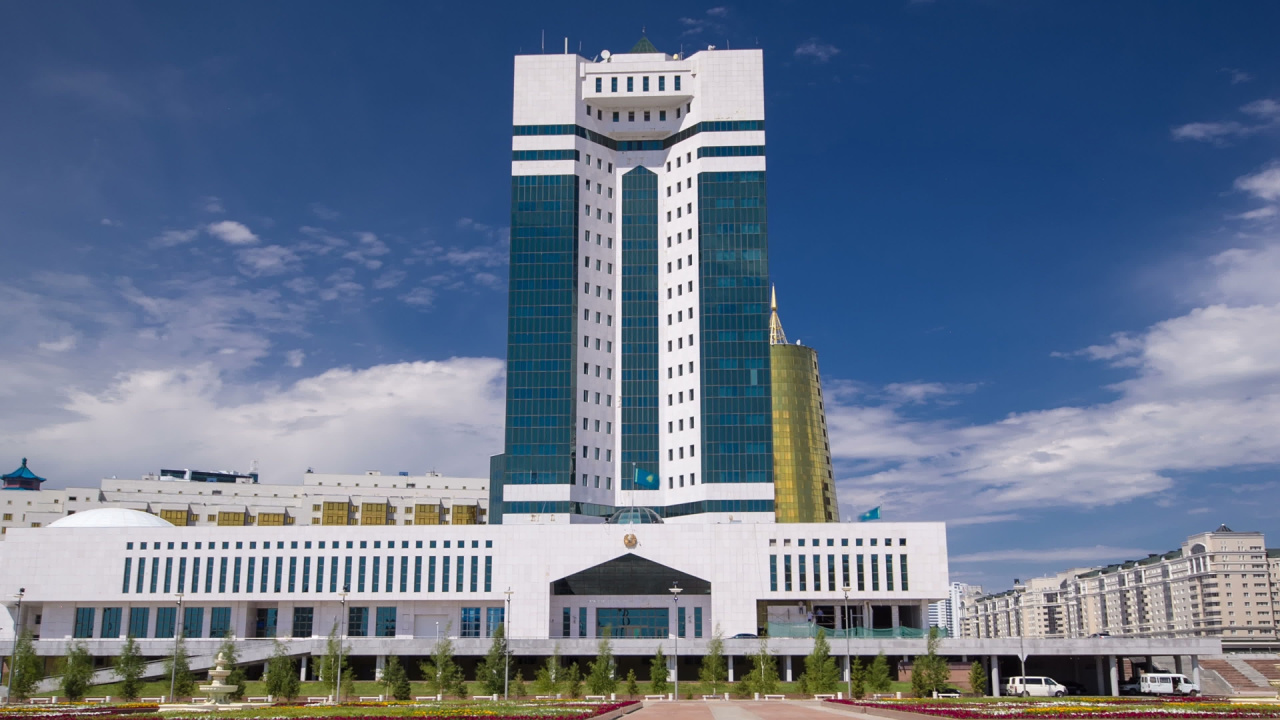New legislation proposed in the parliament of Kazakhstan will allow only authorized miners to mint digital currency, if adopted. The draft has been designed to comprehensively regulate the industry and reduce what its sponsors label as uncontrolled consumption of electricity in the sector.
Lawmakers in Kazakhstan Submit Crypto Mining Law, Seek to Curb ‘Gray’ Mining
Members of the Mazhilis, the lower house of Kazakhstan’s parliament, have put forward a new bill introducing rules for the extraction of cryptocurrencies in the country. Under its provisions, only companies registered at the Astana International Financial Center (AIFC) or non-resident entities that have agreements with licensed data centers, will be permitted to mine digital coins.
Kazakhstan became a magnet for crypto miners following China’s crackdown on the industry and the influx of mining businesses has caused a growing power deficit. AIFC, the Central Asian nation’s financial hub, is in the focus of government efforts to place the country’s growing crypto sector under oversight. Earlier this year, exchanges registered there were allowed to open accounts with local banks.
The current procedure for notifying authorities of mining activities is voluntary, the crypto news outlet Forklog noted in a report on the legislative attempt. The process is regulated by an order issued by the minister of digital development. Only a third of all mining companies operating in Kazakhstan have registered, Member of Parliament Ekaterina Smyshlyaeva revealed.
“The uncontrolled use of electricity by ‘gray’ miners poses a threat to the energy security of Kazakhstan,” the lawmaker insisted. Smyshlyaeva added that the current legislation does not regulate the mechanism for the sale of the mined cryptocurrency or the role of local financial service providers and the circulation of digital assets. “The procedure for their production and the establishment of property rights to them are regulated only at sub-legislative level,” she explained.
According to Kazakhstan’s State Revenue Committee, the contributions of crypto mining entities to the state budget reached $1.5 million in the first quarter of 2022. In July, President Kassym-Jomart Tokayev signed into law a bill amending the country’s Tax Code to impose higher tax rates on crypto miners. The levies now depend on the amount and average price of electricity consumed for the minting of bitcoin and other cryptocurrencies.
Tags in this story
authorization, bill, coin minting, consumption, Crypto, crypto miners, crypto mining, Cryptocurrencies, Cryptocurrency, deficit, draft law, Electricity, Energy, Kazakhstan, Law, Legislation, Miners, mining, registration, Regulation
Do you expect the new law to reduce the number of entities authorized to mine cryptocurrencies in Kazakhstan? Tell us in the comments section below.
![]()
Lubomir Tassev
Image Credits: Shutterstock, Pixabay, Wiki Commons
Disclaimer: This article is for informational purposes only. It is not a direct offer or solicitation of an offer to buy or sell, or a recommendation or endorsement of any products, services, or companies. Bitcoin.com does not provide investment, tax, legal, or accounting advice. Neither the company nor the author is responsible, directly or indirectly, for any damage or loss caused or alleged to be caused by or in connection with the use of or reliance on any content, goods or services mentioned in this article.




